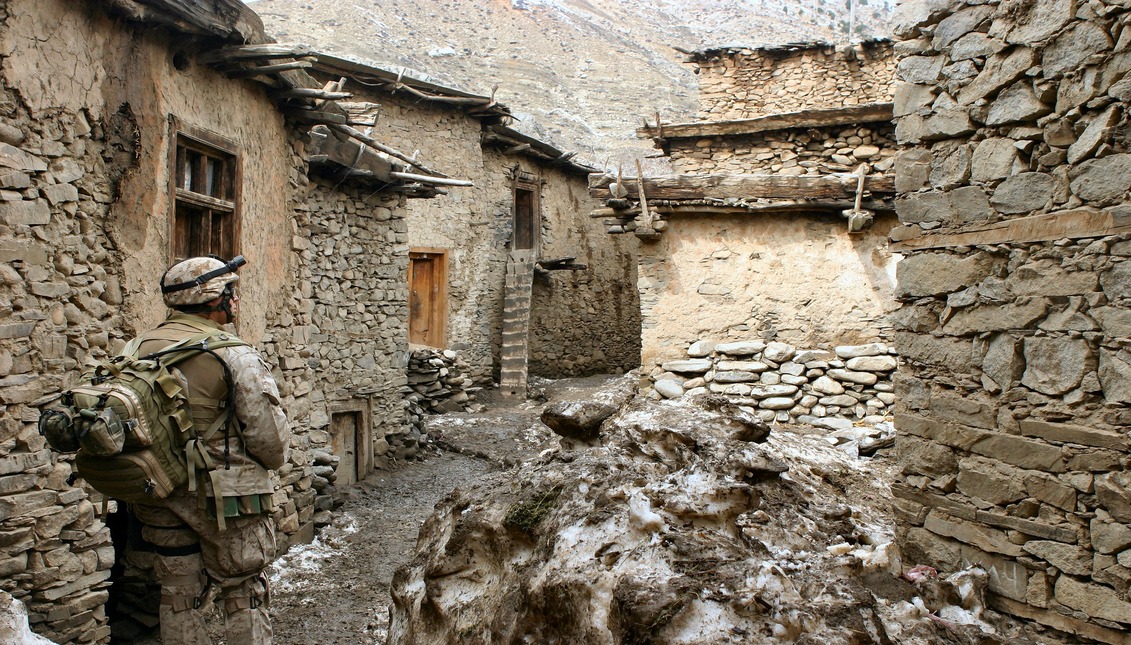
The Taliban in the UN General Assembly? The world reacts
In the middle of the UN General Assembly that takes place in New York, questions arose about the possible intervention of the Afghan Taliban representatives.
With words of peace and reconciliation, the General Assembly of the United Nations, UN, was opened in New York on Monday, Sept. 20.
Both the Secretary General of the UN, António Guterres, and the President of the United States, Joe Biden, used their speeches to send a message of peace and point out that dialogue and diplomacy should be the strategies to solve differences among the nations of the world.
The situation in Afghanistan, a central issue on the Assembly's agenda after the departure of the military troops of the United States and its allies, and the return to power of the Taliban, has presented as a potentially huge humanitarian emergency that poses immense challenges for the so-called democratic governments.
It is worth remembering that to participate in the UN General Assembly and be able to address the other member countries, a certain government must not be recognized by other States, since it is the Organization's union that decides who intervenes and who does not. And, although for now it is not known if Taliban representatives will speak before the plenary session of the Assembly, other countries have given their opinion on the possibility:
After 20 years in Afghanistan and a troop withdrawal that looked like a military defeat, the President Biden's administration has yet to present its new strategy to address relations in the Central Asian country.
The United States still has reservations about the Taliban's connection to possible terrorist attacks in the future, so the eyes of the whole world are on the next step Washington decides to take.
The EU, through its High Representative for Foreign Affairs Josep Borrell, recently signaled that the intention of the union is to "negotiate with the Taliban" to have some influence in Afghanistan.
The main objective of Europe is to guarantee human rights, for which they have allocated 300 million euros until the end of 2022 in support of Afghan refugees, as well as to prevent terrorist groups from gaining strength and supporters.
RELATED CONTENT
Al Qaeda and the Islamic State are mutual enemies for the West and Taliban alike, which have already generated chaos with recent bombing attacks.
One of Afghanistan's neighbors, with whom the United States is interested in continuing to cooperate for now, has also been singled out for its long-standing support of Taliban forces, through the Inter-Services Intelligence Directorate.
After the departure of American troops, the Pakistani government welcomed the taking of Kabul by the Islamic group, describing the moment as a "liberation of Afghanistan." This in accordance with its history, since between 1996 and 2001, along with Saudi Arabia and the United Arab Emirates, was part of the few countries that officially recognized the Islamic government in the world.
For its part, Pakistan seeks to curb the entry of Afghans into its country, and estimate that at least 1.5 million of these refugees live in its territory.
Another close neighbor of Afghanistan that is trying to stop the exodus of its inhabitants, especially because it knows it is the access bridge to Europe and many of Afghans have made the country their destination.
It seems as though Turkey does not reject the possibility of dialogue with the new Taliban government, which recently asked it to manage the operations of the Kabul airport, the scene of painful and worrying scenes after the Taliban came to power.
The family that rules this billionaire country, that will host the FIFA World Cup next year, has had an official Taliban office in its capital, Doha, since 2013, and has maintained ties with the terrorist organization Hamas. The role the rich Persian Gulf nation tries to play is that of mediator, as it is also home to one of the largest military bases of the United States in the Middle East.
It is one of the countries that has been most open to dialogue with the Taliban government. Beijing is actively seeking access to exploit Afghanistan's vast mineral resources, as well as the expansion of what has been called its new "Silk Road."
Although the movements of both countries are just beginning to be studied, China also shows harsh prevention efforts against the possible influence of radical ideas in the country, specifically in the Xinjiang region, bordering Afghan territory and which has a minority Muslim population.
Recently, Russian President Vladimir Putin called for constructive cooperation with the Taliban government, an organization it has kept on its terrorist list, but have been in contact with for years.
Russia is the only country that has not yet closed its embassy in Kabul, and after the fiasco of the intervention of the Soviet Union in the 80s and 20 years of North American presence, it is considering analyzing new relations with the Taliban government having the raw riches of the country in mind.
Moscow remains attentive to what may happen in the regions of Uzbekistan, Turkmenistan and Tajikistan, former Soviet nations with Muslim influence, as well as the increase in heroin production, one of the sources of financing for the Taliban.
One of the sensitive issues for the West with respect to the new Taliban government in Afghanistan is respect and equality for women, an issue that makes other nations blush, since at a general level, the UN still can not speak of equity on the matter, as only 26 of the 193 member countries of the Organization are led by women.
Only 26 of the 193 UN member countries are led by women.
— United Nations (@UN) September 23, 2021
Women's empowerment is key for achieving the #GlobalGoals and creating a better future for all!@UN_Women is working to create a more inclusive world. https://t.co/QQRFPXNksN pic.twitter.com/iaBG7zG8bV











LEAVE A COMMENT: